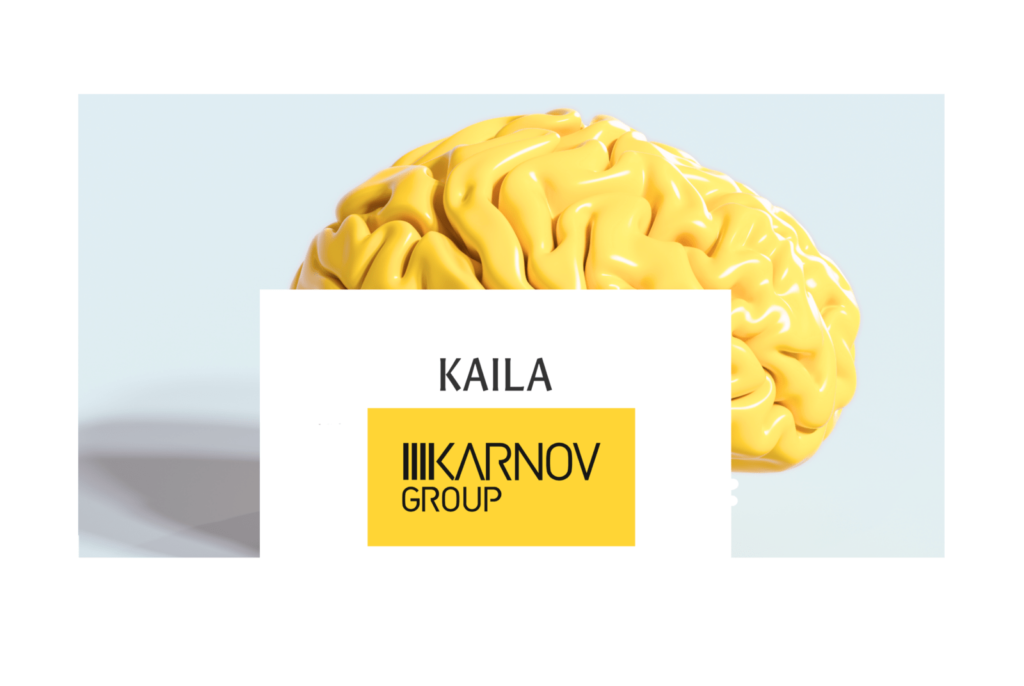Karnov Group, headquartered in Sweden with a presence in Denmark, Norway, France, Spain and Portugal, has announced KAILA (Karnov AI Legal Assistant), an LLM-based feature that takes the company’s vast collection of legal data to a new level of usefulness for lawyers.
KAILA “transforms legal workflows by providing accurate, reliable answers with source references.” In addition to improving legal research, KAILA uses genAI to:
‘Compare legal provisions – Clearly compare different legal provisions, including by generating tables that highlight differences and similarities. Prepare legal arguments – Gather arguments and practices to support your position in legal proceedings, such as contesting a dismissal or defending a trademark. Generate legal documents – Get assistance to generate documents such as complaints, legal investigations, reports, or other important legal documents tailored to your situation. Review and improve documents – Get assistance to review legal documents and request improvements to make them clearer, more accurate, and in line with current practice. Analyze – Evaluate whether an action requires a permit or notice under relevant legislation, such as environmental or corporate law. Ask KAILA to prepare for meetings – Gather relevant legal information, potential complexities, and prepare questions to ask before meetings. Generate checklists and drafts – Help you create checklists and drafts to ensure you comply with applicable regulations and best practices for your company. Summarize – KAILA can summarize documents, so you can quickly get an overview of your case, law or agreement.
Essentially, this applies the LLM’s broad linguistic and conceptual understanding, as well as text generation capabilities, to the vast Karnov law library, using a chat interface.
One example they give is a prompt about a criminal case in which a lawyer types, “I need some argumentative ideas to secure the lightest sentence for my client” (see below).
KAILA can first help you rephrase the prompt, then look up applicable statutes, explain the legal issues surrounding the charge, and provide more background information. It can then look up previous cases related to this case, and even broaden to other relevant precedents and legislative history related to this case. Based on the “skills” listed above, you can then use the AI assistant to perform a variety of other tasks, such as drafting.
The company’s key takeaway is that by applying generative AI to libraries of legal data, it not only improves access to the information there, but also gives you instant assistants that can generate answers to complex, sometimes open-ended questions in seconds and help you move on to other tasks — all through a single platform that would normally take hours to process.
Or, as the company puts it, “KAILA not only helps you quickly find the right sources of information, but also assists with legal assessments and responses, saving you significant time in your daily work.”
Artificial Lawyer spoke with Head of Business Development Selcuk Ünlü about the new product, who explains how KAILA was developed and what it means for the company and its users.
“In developing KAILA, it was important for our AI team to understand how lawyers work and what their needs are. That’s why lawyers and developers worked side by side, constantly inspiring each other to ensure that KAILA was built to meet the real needs of lawyers.”
“After beta testing since August and continuously adjusting according to the feedback we got, we are now ready to release it. The tests praised KAILA for its ability to answer like a lawyer and for applying legal techniques. This is certainly an achievement, but I would argue that our biggest achievement is in our search engine and intent analyzer.
“In almost every legal task, it is essential to work with the right sources of information. Weak sources of information as a starting point will determine the quality of all subsequent steps, including the final delivery. KAILA is built to reason using the right sources of information, which are accessible through our legal research database.”
Impact
Is this a big deal? In a word, yes. Karnov has a large library of legal information, and by applying generative AI to it, they have significantly expanded what can be accomplished. They have turned “static” data into actionable intelligence and insight-providing, along with the usual drafting, comparison and summarization tools now expected in an LLM approach.
This is all part of a broader movement around knowledge management and legal research, and applying LLM to your databases can significantly increase their value while also reducing the time it takes to process many legal tasks. Other companies with large legal databases, such as Thomson Reuters, LexisNexis, and vLex, are trying to do the same thing. They all realize that adding generative AI interfaces (with the right refinements, RAGs, and UI/UX tools) to this information can really expand what can be done.
In conclusion, with the advent of genAI, legal research will look completely different. And for the better…!

